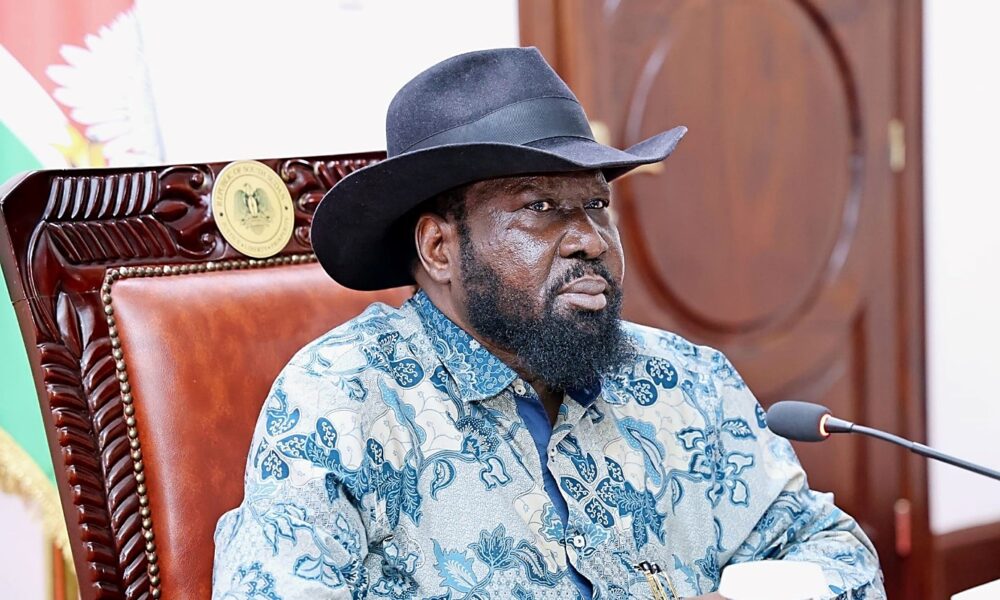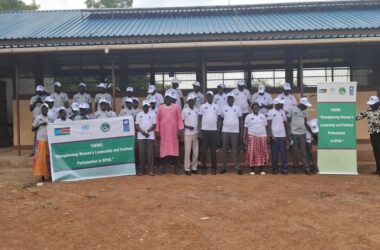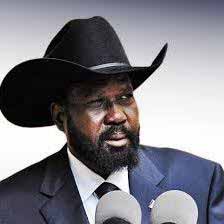By William Madouk
President Salva Kiir Mayardit is in a frantic search for solutions to address the ailing economy, as the country’s civil servants have gone nearly 10 months without receiving their salaries.
On Friday Last week, Kiir wielded his axe on the Commissioner of the Customs Service, Brig-Gen Aduot Ajang and transferred the Customs division from the South Sudan Police Service to the South Sudan Revenue Authority (SSNRA).
The move is expected to streamline and improve the collection of non-oil revenues in the Country.
In another series of decrees announced on state-owned SSBC radio and television, Kiir appointed five advisors to various government institutions, including the South Sudan National Revenue Authority, the Ministry of Peace Building, the Ministry of Petroleum, and the Ministry of Investment.
Former Finance Minister Aggrey Tisa Sabuni was named as the technical advisor to the South Sudan National Revenue Authority, while Mary Paul was appointed as a member of the Authority’s board.
Racheal Nyadak Paul was selected as the technical advisor to the Ministry of Peace Building, Mayen Wol Jong was appointed as the technical advisor to the Ministry of Petroleum, and Albino Chol Thiik was appointed as the technical advisor to the Ministry of Investment.
During the oath-taking ceremony of the new Finance Minister, President Kiir expressed his determination to find the right person for the job and take charge of the country’s economic affairs.
President Kiir acknowledged the challenges facing the government’s revenue collection and fund management.
He admitted that there are multiple government bank accounts, and the collected revenue is not reaching the government’s coffers.
“What is happening now is that people have multiple bank accounts, and the money being collected does not come to the government’s coffers,” Kiir said.
Kiir attributed the persistent delays in salary payments to the meager revenue collection and poor financial management, despite the country’s abundant resources.
He stressed that the non-oil revenues should be sufficient to pay civil servants and fund other government operations.
“We actually have money. The money from non-oil revenues is enough to pay people and to do everything. So let us believe that you will deliver. I understand that you have been in the National Revenue Authority, and you know how money is being collected from the people,” he added.
The President, however, failed to disclose the specific challenges the government faces in holding accountable those responsible for the mismanagement of funds.



